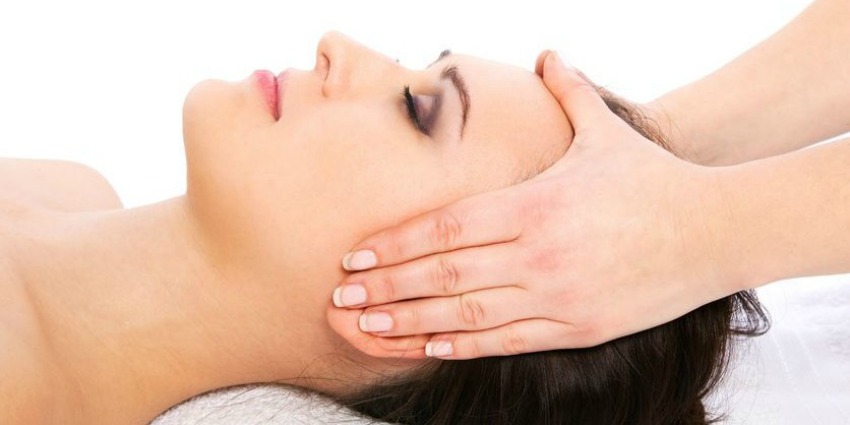
Unwind and De-stress: A Massage Therapist’s Guide to Stress Management
Sean Li, RMT

In today’s fast-paced world, stress has become an inevitable part of life for many of us. From work deadlines to personal responsibilities, the pressures we face can take a toll on our physical and mental well-being. As a massage therapist, I’ve had the privilege of witnessing the transformative power of touch in alleviating stress and promoting relaxation. In this blog post, I’ll share some insights and techniques to help you manage stress effectively, drawing from my experience in the healing art of massage therapy.
Stress is the body’s natural response to perceived threats or challenges. While some stress can be beneficial, helping us stay alert and focused in times of need, chronic stress can have detrimental effects on our health and well-being. It can manifest in various forms, including physical tension, mental fatigue, and emotional distress, impacting every aspect of our lives.
Massage therapy offers a holistic approach to stress management, addressing both the physical and emotional aspects of stress. Here’s how massage can help you unwind and de-stress:
- Relaxation Response: Massage induces the relaxation response, triggering the body’s parasympathetic nervous system to counteract the stress response. As your muscles relax, your heart rate slows, your breathing deepens, and your mind enters a state of calm and serenity.
- Muscle Tension Relief: Stress often manifests as tension in the muscles, leading to discomfort and pain. Massage therapy helps release muscular tension, alleviating stiffness and soreness and promoting greater flexibility and mobility.
- Improved Circulation: Massage improves blood circulation, delivering oxygen and nutrients to the tissues while flushing out toxins and metabolic waste products. This enhanced circulation not only nourishes the body but also promotes relaxation and stress relief.
- Stress Hormone Regulation: Massage therapy has been shown to reduce levels of stress hormones such as cortisol and adrenaline while increasing the release of feel-good neurotransmitters like serotonin and dopamine. This hormonal balance contributes to a sense of well-being and relaxation.
- Mind-Body Connection: Massage therapy fosters a deep connection between the mind and body, promoting mindfulness and self-awareness. As you become more attuned to your body’s sensations and responses, you can better manage stress and cultivate a sense of inner peace and balance.
In addition to regular massage therapy sessions, here are some practical tips to help you manage stress in your daily life:
- Practice Deep Breathing: Take a few moments throughout the day to practice deep breathing exercises, inhaling deeply through your nose and exhaling slowly through your mouth. Deep breathing promotes relaxation and helps calm the nervous system.
- Prioritize Self-Care: Make self-care a priority by engaging in activities that nourish your body, mind, and spirit. Whether it’s spending time in nature, practicing yoga, or enjoying a leisurely bath, find what helps you unwind and make time for it regularly.
- Establish Healthy Boundaries: Learn to say no to activities or commitments that cause undue stress or overwhelm. Setting healthy boundaries is essential for preserving your physical and emotional well-being.
- Seek Support: Don’t hesitate to reach out to friends, family, or a mental health professional for support when needed. Talking about your feelings and concerns can help alleviate stress and provide perspective.
Your content goes here. Edit or remove this text inline or in the module Content settings. You can also style every aspect of this content in the module Design settings and even apply custom CSS to this text in the module Advanced settings.
About the Author:
Sean Li graduated from Centennial College’s 3 year Massage Therapy Advanced Diploma program in the summer of 2012 and became a Registered Massage Therapist in the winter of 2013.

